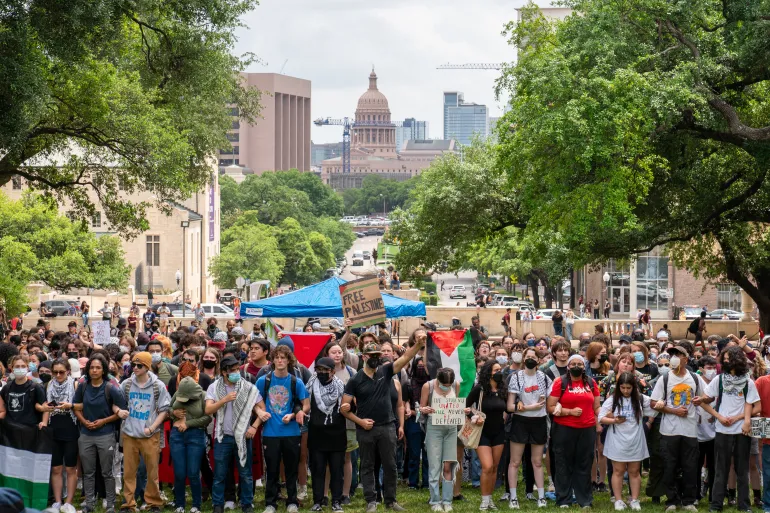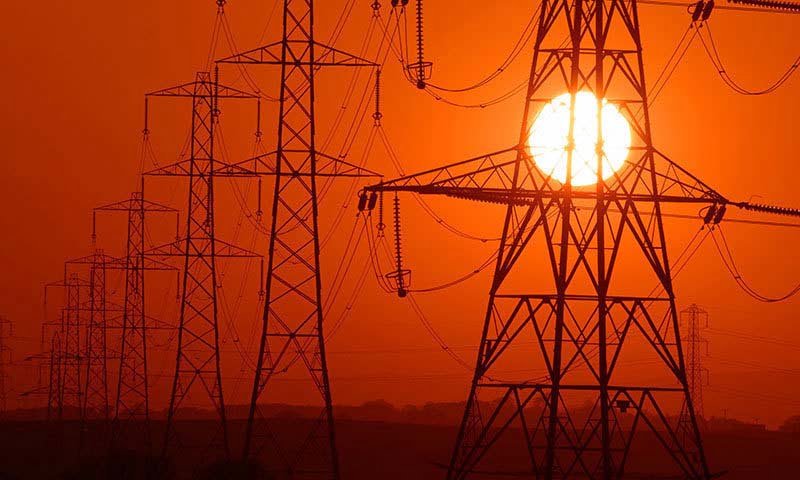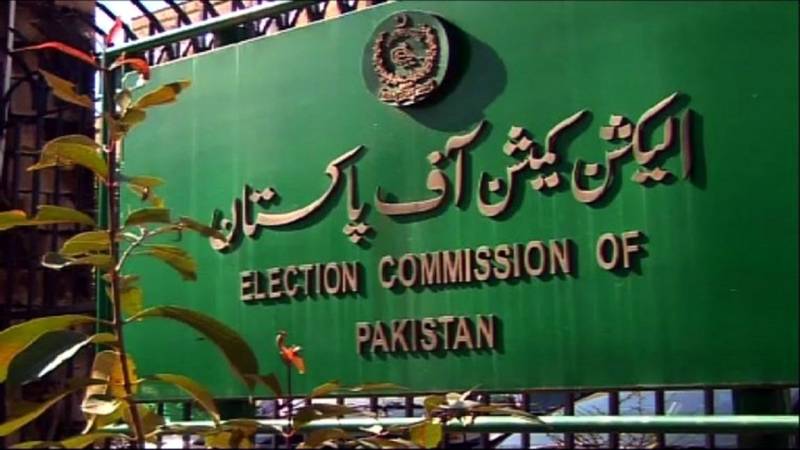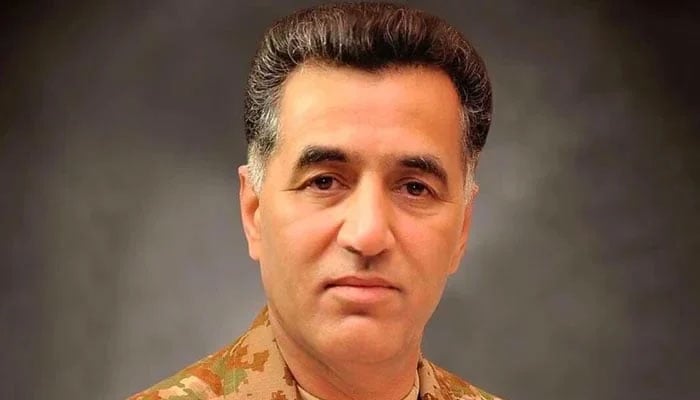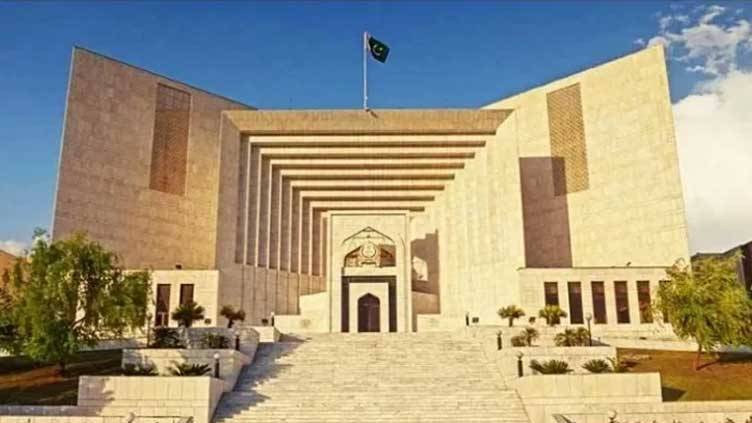Columbia University, one of the most prestigious Ivy League schools in the United States, has announced that its negotiations with student protesters have fallen through. This development opens up the potential for severe consequences for those involved in the pro-Palestinian encampment on campus. The protesters are urging the university to support a ceasefire in Gaza.
“Since Wednesday, a small group of academic leaders has been in constructive dialogue with student organizers to find a path that would result in the dismantling of the encampment,” Columbia president Nemat Minouche Shafik wrote in a statement on Monday. “Regretfully, we were not able to come to an agreement.”
The university has issued a new deadline for the encampment to disperse, which expired on Monday. But protesters are bracing themselves for the possibility of consequences as their push for a ceasefire in Gaza stretched into its second week. The university is threatening to suspend the students involved in the protest, which involves dozens of tents pitched on the university lawn, citing violations of multiple university policies — including vandalism and harassment.
“The current unauthorized encampment and disruption on Columbia University’s campus is creating an unwelcoming environment for members of our community,” university administrators wrote in Monday’s notice for the encampment to disperse. “If you do not leave by 2 p.m., you will be suspended pending further investigation,” the notice explained, adding that campus identification cards would be deactivated and students would be barred from attending classes or completing the spring semester.
The Columbia protest is one of several high-profile university protests unfolding across the country, including at Yale, George Washington University, and the University of Texas in Austin, prompting questions about academic freedom and free speech.
Last Wednesday, for instance, Texas Governor Greg Abbott ordered state troopers in riot gear to enter the Austin campus, resulting in the arrest of approximately 50 students. All of them were charged with misdemeanour trespassing, though the charges were later dropped as a result of insufficient evidence.
School administrators have been under pressure to crack down on alleged incidents of anti-Semitism on their campuses, though the student organizers behind the protests have denounced those allegations as false and misleading.




































